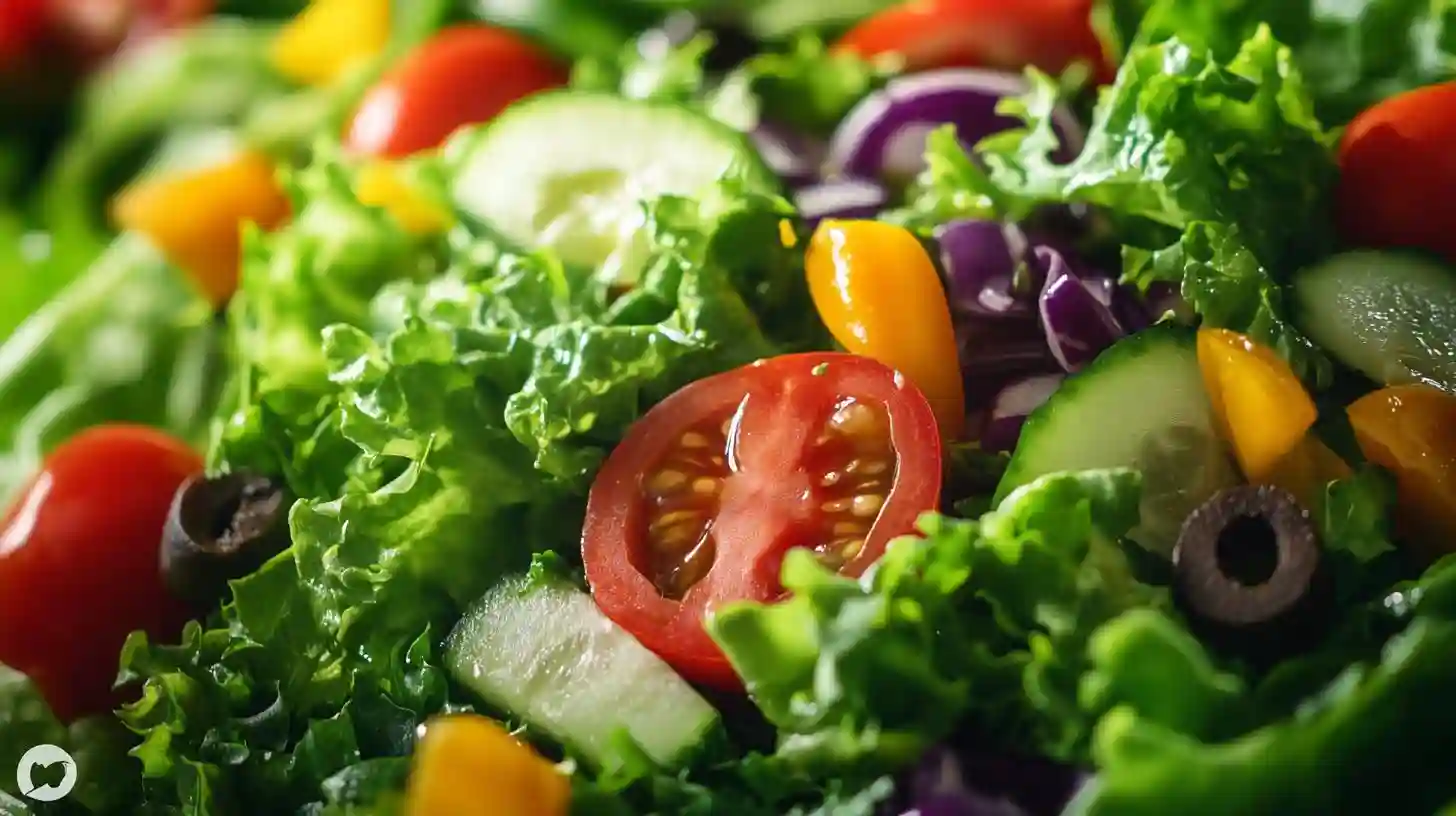
The perception of salads as the ultimate diet food has been widely propagated, making them synonymous with healthy eating. However, a closer examination reveals that this belief may be oversimplified and possibly misleading. Salads can indeed be a nutritious component of a balanced diet, but to label them as the superior weight-loss food without considering additional factors can be problematic.
First, the composition of a salad plays a crucial role in determining its health benefits. A salad made primarily from leafy greens combined with a variety of colorful vegetables can be incredibly nutrient-dense. Vegetables provide essential vitamins, minerals, and fiber, which contribute to overall health and satiety. However, salads can easily become calorie-laden when ingredients such as creamy dressings, croutons, cheeses, and processed meats are added. These elements can transform a seemingly healthy option into a high-calorie meal that may not aid in weight loss. The key lies in the balance of ingredients used, and not all salads are created equally.
Another factor to consider is portion size. Just because a food is labeled as a salad does not mean it is exempt from the principles of portion control. Overeating any food, even those that are typically regarded as healthy, can lead to consuming more calories than the body needs. Large portions of calorie-dense ingredients can easily offset the health benefits of the vegetable base. Therefore, mindful eating and awareness of portion sizes are central to properly integrating salads into a weight-loss strategy.
Moreover, not everyone responds to foods in the same way. While salads may promote weight loss for some due to their high fiber content, which aids digestion and induces feelings of fullness, others may find that they are unsatisfied after such meals. The psychological aspect of eating plays a significant role in weight management. Individuals who find salads unappetizing or unfulfilling may be tempted to snack on other calorie-rich foods later, potentially negating any positive effects salads might have had. Personal food preferences, appetite, and satisfaction should influence dietary choices rather than the label of a food as "diet-friendly."
There is also the question of nutrients. While salads can be rich in certain vitamins and minerals, they can lack other vital nutrients, such as protein and healthy fats if not adequately planned. A protein-deficient meal may not sustain energy levels, making it more likely for an individual to experience cravings or hunger sooner than desired. Incorporating adequate protein sources like beans, nuts, seeds, or lean meats not only enhances the nutritional profile of a salad but also fosters satiety, promoting a long-term sense of fullness and preventing overeating later on.
Additionally, the seasonal and local production of salad ingredients can impact their nutritional value. Freshly harvested vegetables retain more nutrients compared to packaged salad mixes that may have lost their vitality over time. Also, the environmental impact and personal budget considerations can make it challenging for some to maintain a salad-centric diet. Depending on availability and cost, relying on salads as the main dietary component could become impractical for many individuals.
The rise of the “salad as a meal” trend has also led to an increase in interest in “superfood” salads, which boast high antioxidant levels from ingredients like kale, quinoa, or blueberries. While these foods carry numerous health benefits, focusing solely on the latest trends can detract from a well-rounded approach to nutrition. Eating a diverse array of foods is essential for overall health, as it helps ensure that a broader range of nutrients is consumed. By fixating on salads as the cornerstone of diet, individuals might neglect other equally important food groups, ultimately leading to nutritional gaps.
Lastly, evaluating salads through the lens of sustainability is imperative. Habits established through food choices reflect more than just personal health; they extend to environmental considerations. The cultivation and transport of salad ingredients can impact the planet, and a diet centered solely around salads may overlook the benefits of seasonal, locally-sourced foods combined with a diverse range of other nutrient-dense options.
Ultimately, while salads can be an excellent addition to a healthy diet, promoting them as the definitive ultimate diet food does a disservice to the complexities of nutrition and individual dietary needs. Emphasizing a varied intake, awareness of portion sizes, and balanced meal planning will yield more sustainable health outcomes rather than adhering strictly to the idea of salads as the sole path to successful weight management.